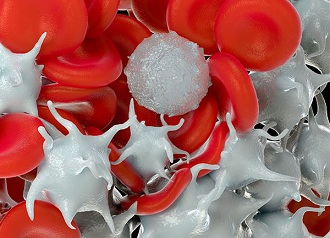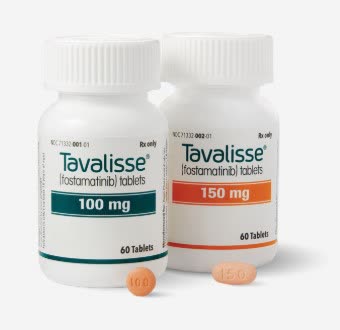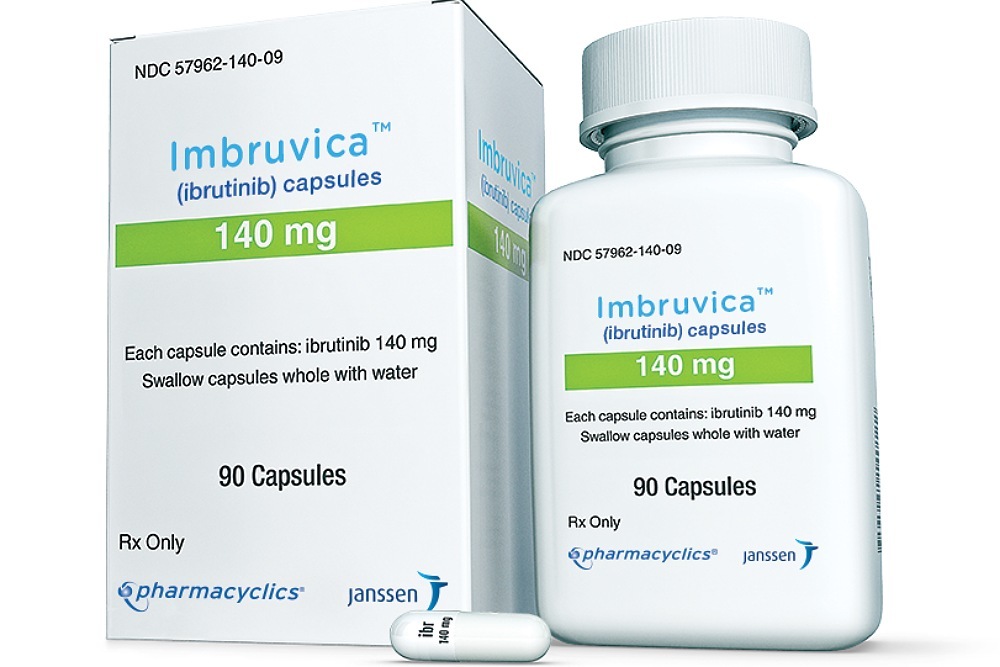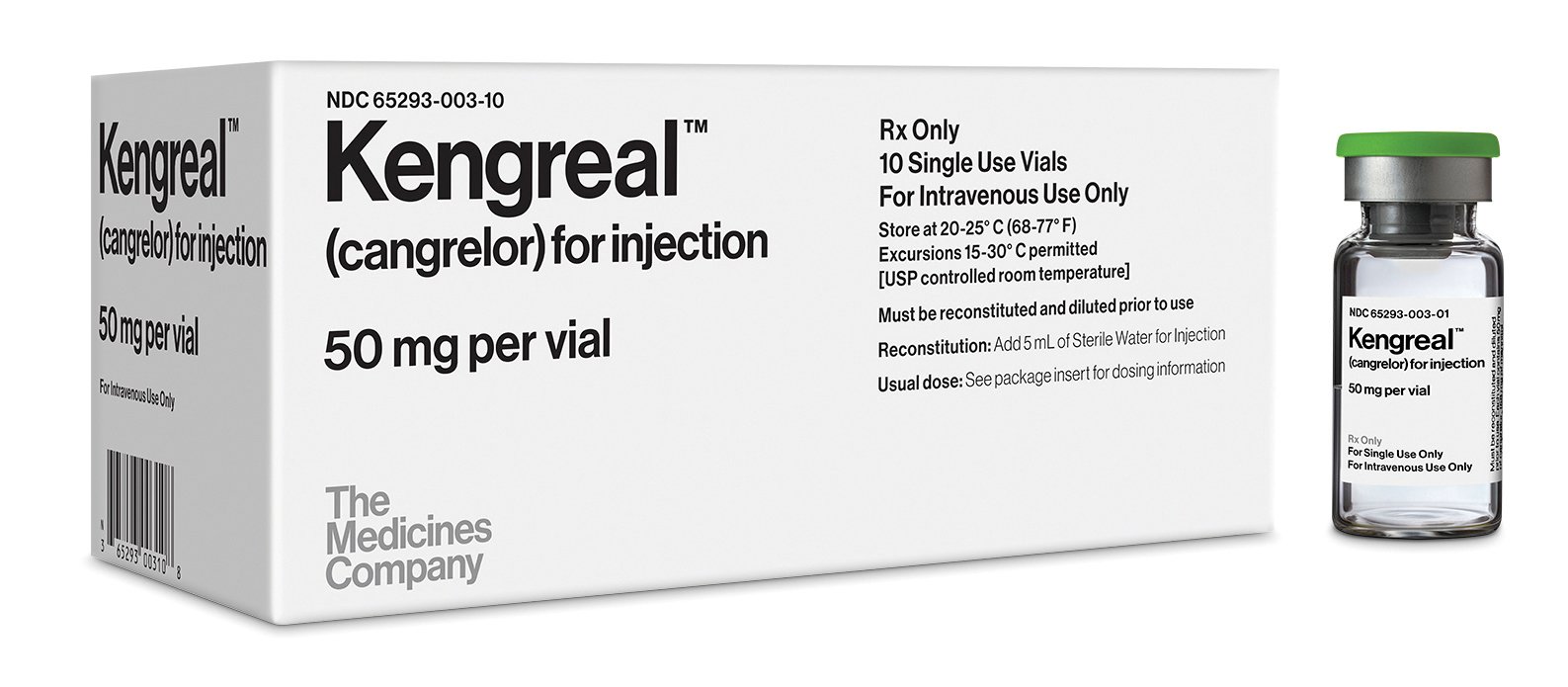BREAKING! British Study Claims An Abnormal Antibody Response Is What Is Causing Blood Clots In Severe COVID-19 Patients
Source: Breaking COVID-19 News Jul 28, 2021 3 years, 8 months, 4 weeks, 1 day, 9 hours, 32 minutes ago
A new study by researchers from the University of Reading, Reading, United Kingdom has found that inflammation and blood clotting seen in very severe cases of COVID-19 may be caused by the antibodies sent to fight the disease activating unnecessary platelet activity in the lungs.

According to the study team a subset of patients with COVID-19 typically become critically ill, suffering from severe respiratory problems and also increased rates of thrombosis. The causes of thrombosis in severely ill COVID-19 patients are still emerging, but the coincidence of critical illness with the timing of the onset of adaptive immunity could implicate an excessive immune response.
The study team hypothesized that platelets might be susceptible to activation by anti-SARS-CoV-2 antibodies and contributes to thrombosis.
They found that immune complexes containing recombinant SARS-CoV-2 spike protein and anti-spike IgG enhanced platelet-mediated thrombosis on von Willebrand Factor in vitro, but only when the glycosylation state of the Fc domain was modified to correspond with the aberrant glycosylation previously identified in patients with severe COVID-19.
Also the team found that activation was dependent on FcγRIIA and they provided in vitro evidence that this pathogenic platelet activation can be counteracted by therapeutic small molecules R406 (fostamatinib) and ibrutinib that inhibit tyrosine kinases Syk and Btk respectively or by the P2Y12 antagonist cangrelor.
The study findings were published in the peer reviewed journal: Blood
https://ashpublications.org/blood/article/doi/10.1182/blood.2021011871/476460/Aberrant-glycosylation-of-anti-SARS-CoV-2-IgG-is-a
The study findings reveal how antibodies produced by our bodies to protect against COVID-19 are triggering increased function of platelets, which may be causing fatal blood clots in patients with severe disease.
Typically platelets are small cells found in blood which form clots to stop or prevent bleeding, but where platelets don't function properly this can lead to serious health concerns such as strokes and heart attacks.
The researchers took antibodies produced to fight the coronavirus's spike protein, from individuals with severe COVID-19 infections, and cloned them in a lab to study.
The study team found that the small sugars found on the surface of these antibodies were different to antibodies from healthy individuals, and when those cloned antibodies were introduced in a lab to blood cells taken from healthy donors, there was an observed increase in platelet activity.
The researchers also found that it was possible to reduce or stop platelets from responding in this way in the laboratory by treating blood with active ingredients from different medication which is known to either inhibit platelet function or immune responses.
Some of these drugs or medications included fostamatinib, ibrutinib and cangrelor.
The study findings suggest that it may be possible for drugs that are currently used to treat immune system problems to reduce or stop the cells from producing an exaggerated platelet response.
t;
 Fostamatinib
Fostamatinib, sold under the brand names Tavalisse and Tavlesse, is a tyrosine kinase inhibitor medication for the treatment of chronic immune thrombocytopenia. The drug is administered by mouth. Fostamatinib blocks the activity of the enzyme spleen tyrosine kinase.
 Ibrutinib
Ibrutinib, sold under the brand name Imbruvica among others, is a small molecule drug that inhibits B-cell proliferation and survival by irreversibly binding the protein Bruton's tyrosine kinase. Blocking BTK inhibits the B-cell receptor pathway, which is often aberrantly active in B cell cancers.
 Cangrelor
Cangrelor, sold under the brand name Kengreal in the United States and Kengrexal in the European Union is a P2Y₁₂ inhibitor FDA approved as of June 2015 as an antiplatelet drug for intravenous application.
A clinical trial is already underway led by Imperial College London and Imperial College Healthcare NHS Trust called MATIS.
The trial is testing these drugs with patients at hospital sites across the UK to see whether they will reduce serious clotting for hospitalized COVID-19 patients.
It must be noted that the lab-based study of human cells provides key evidence to support the scientific basis for the MATIS trial and, while there are yet to be any results reported from this clinical trial, the two research teams will continue to work closely together as the clinical trial develops.
Corresponding author Professor Dr Jon Gibbins, Director of the Institute for Cardiovascular and Metabolic Research at the University of Reading told Thailand Medical News, "Until now, we have only had assumptions about why platelets involved in clotting were being activated during COVID-19 infection. One way to think of what is happens is that the immune response that is designed to protect you from the infection in some cases, particularly in severely ill patients, actually causes more damage. In this case, the antibodies that are produced to stop COVID-19 from spreading trigger infected cells to induce platelet activity which causes clotting even though there is no wound that needs healing.”
Professor Gibbins further added, "We are particularly excited because our studies of platelets in the laboratory establishes important mechanisms that explain how and why dangerous blood clots may occur in severely ill COVID-19 patients, and importantly, also provides clues as to how this may be prevented."
Dr Nichola Cooper, co-author from Imperial College London and consultant hematologist at Imperial College Healthcare NHS Trust, who also designed and leads the MATIS trial added, "Early on in the COVID-19 pandemic it was clear that the infection was causing an overwhelming immune response, including blood clotting, and that many of the more severe cases and deaths were related to this. Having been involved in early research around blood clotting related to inflammation, it occurred to me that the drugs we already use for other disorders could be easily accessible treatments for COVID-19. We are yet to see results from the MATIS trial so we do not yet know how these drugs will work in patients, but our hope is that we can both inhibit the inflammatory response and prevent severe disease and blood clots. It is exciting to see our collaboration with Reading backing our theory already and providing a solid scientific basis for clinical trials."
The first early details of the MATIS trial are expected to be announced around mid-September.
For more
Breaking COVID-19 News, keep on logging to Thailand Medical News.



